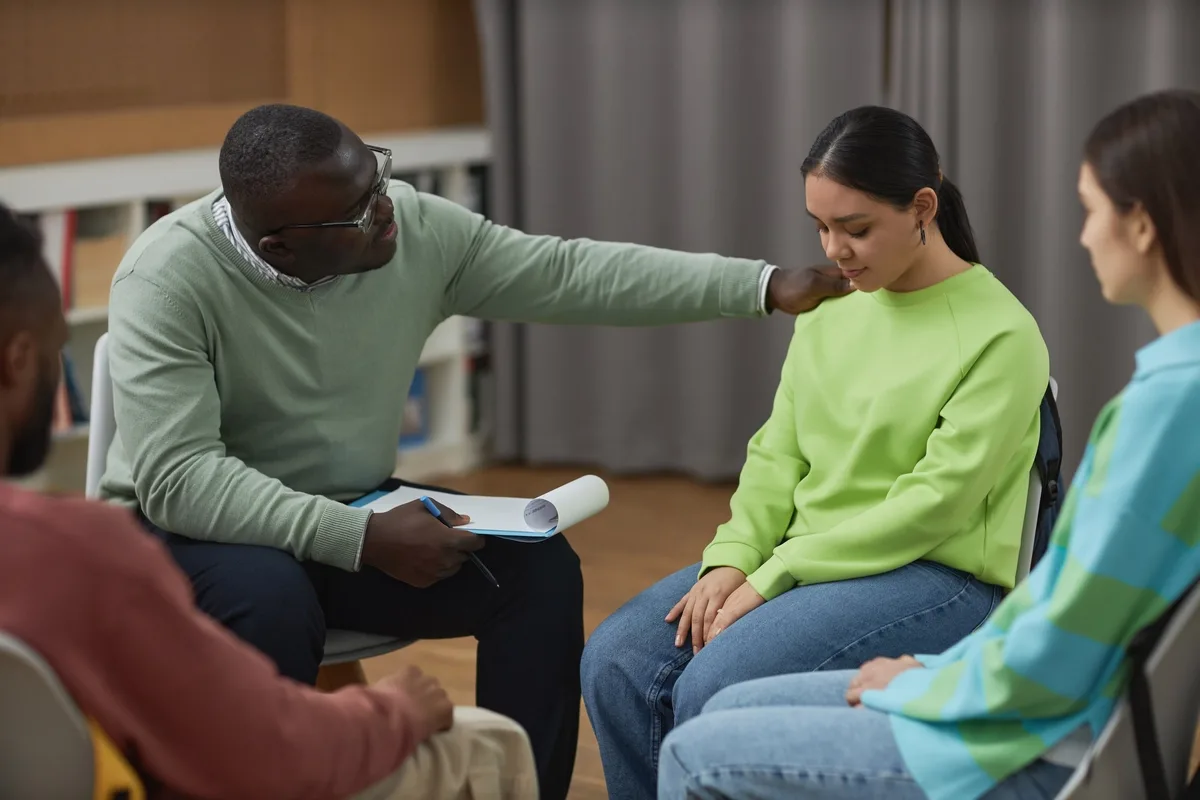24/7 Helpline:
(866) 899-221924/7 Helpline:
(866) 899-2219
Learn more about Inpatient Rehab centers in Red Wing

Other Insurance Options

BHS | Behavioral Health Systems

Choice Care Network

Optum

MHNNet Behavioral Health

Holman Group

Horizon Healthcare Service

Multiplan

United Health Care

MVP Healthcare

PHCS Network
Beacon

BlueCross

Evernorth

Private insurance

State Farm

Optima

American Behavioral

Self-pay options

Highmark

Humana


Wenden Recovery Services
Wenden Recovery Services is a private rehab located in Red Wing, Minnesota. Wenden Recovery Services...

Common Ground Treatment
Common Ground Treatment is a private rehab located in Red Wing, Minnesota. Common Ground Treatment s...





































































Southern Highlands CMHC
Southern Highlands CMHC is a private rehab located in Welch, West Virginia. Southern Highlands CMHC ...

Southern Highlands Community Mental Health Center
Southern Highlands Community Mental Health Center offers regular physician's services, OBMAT, DUI cl...

















































